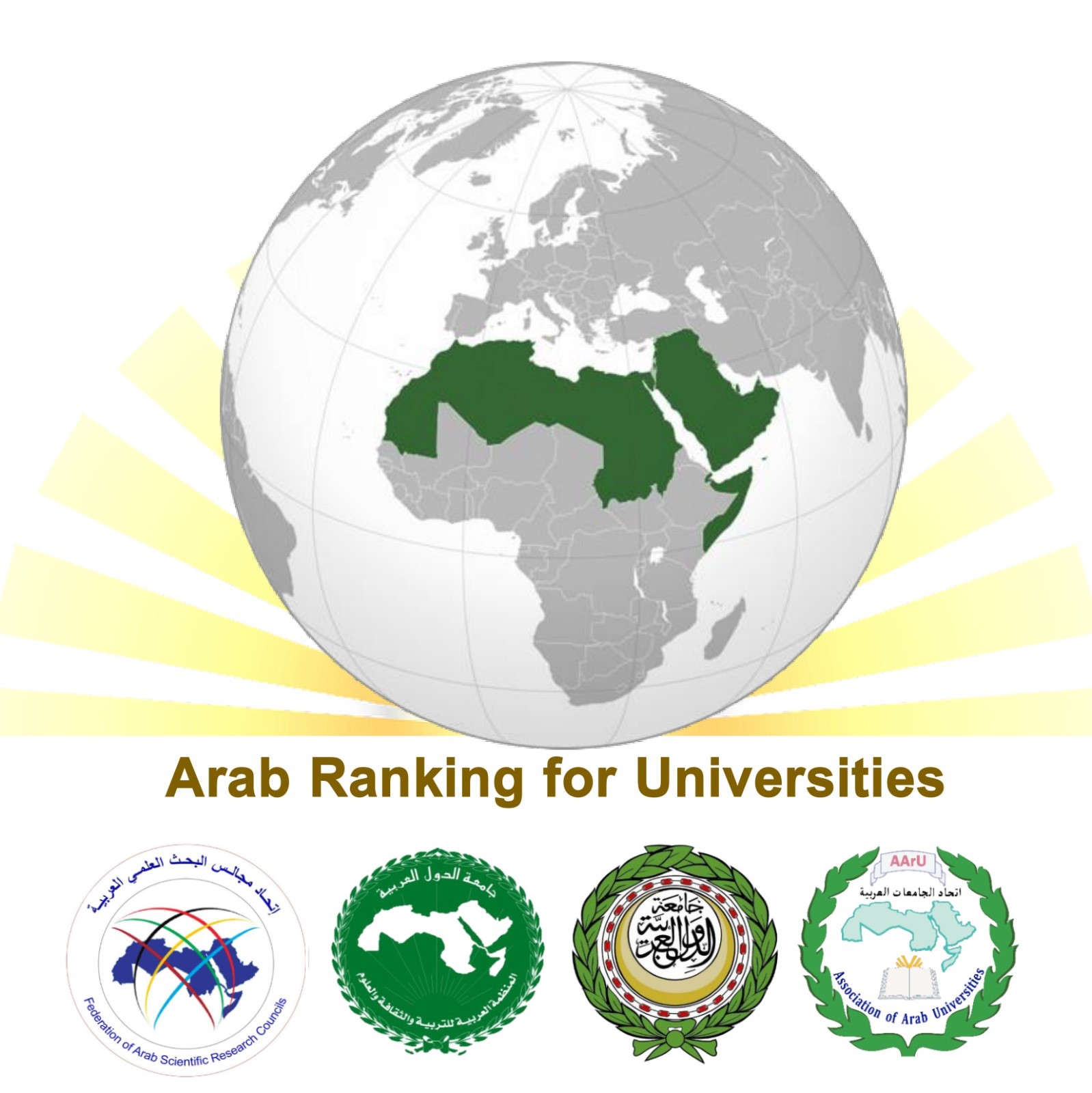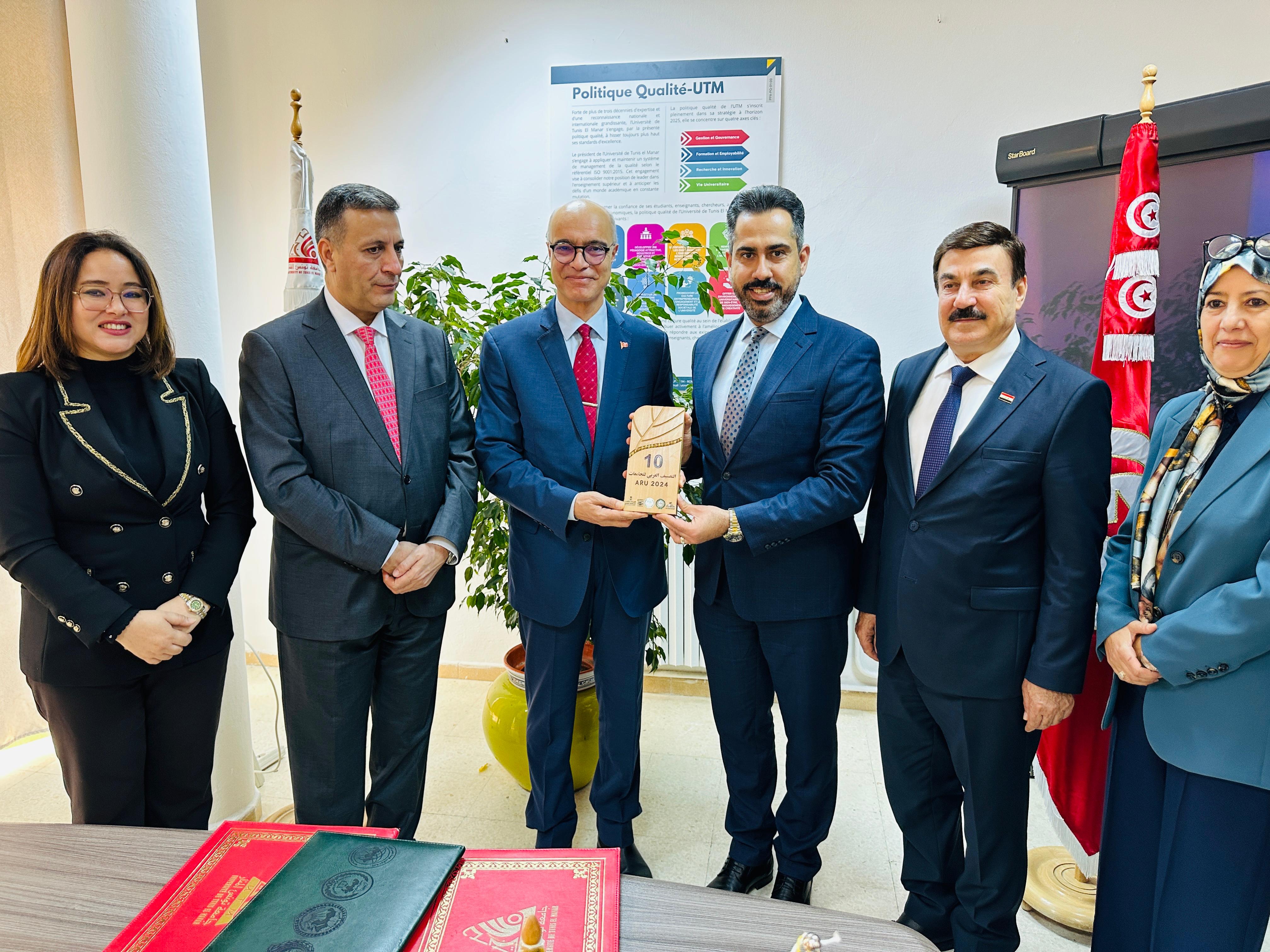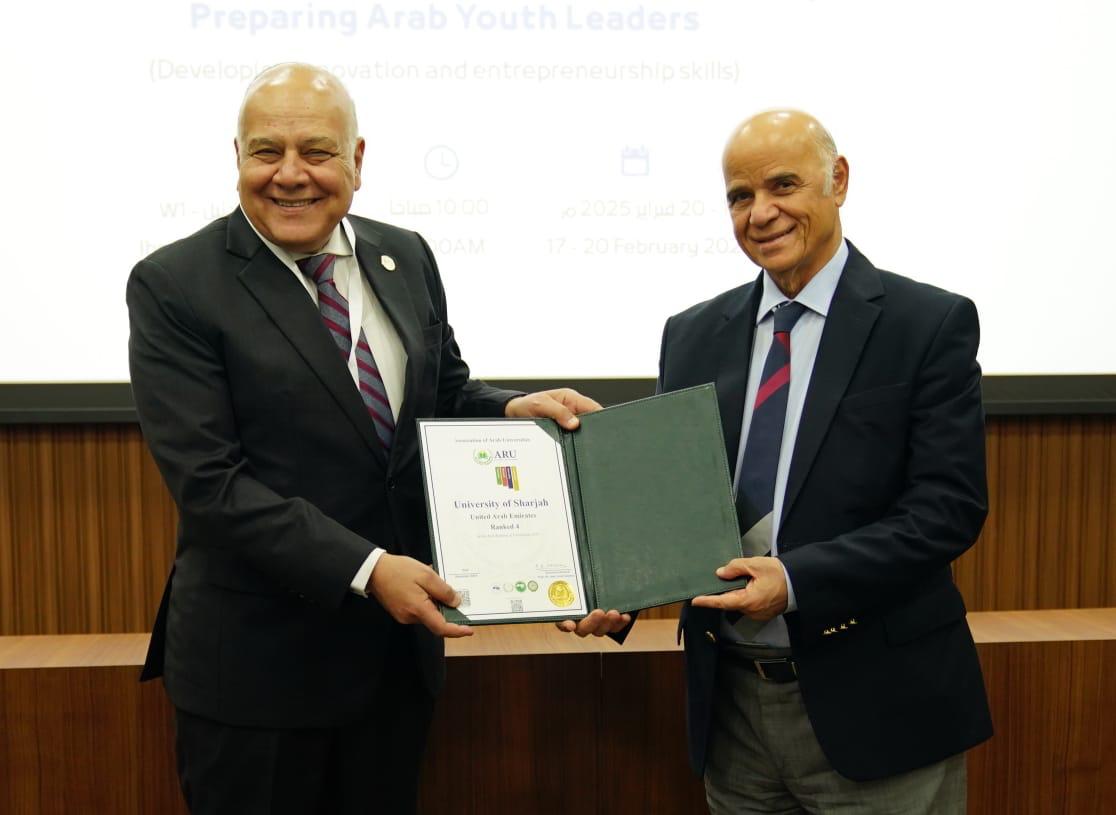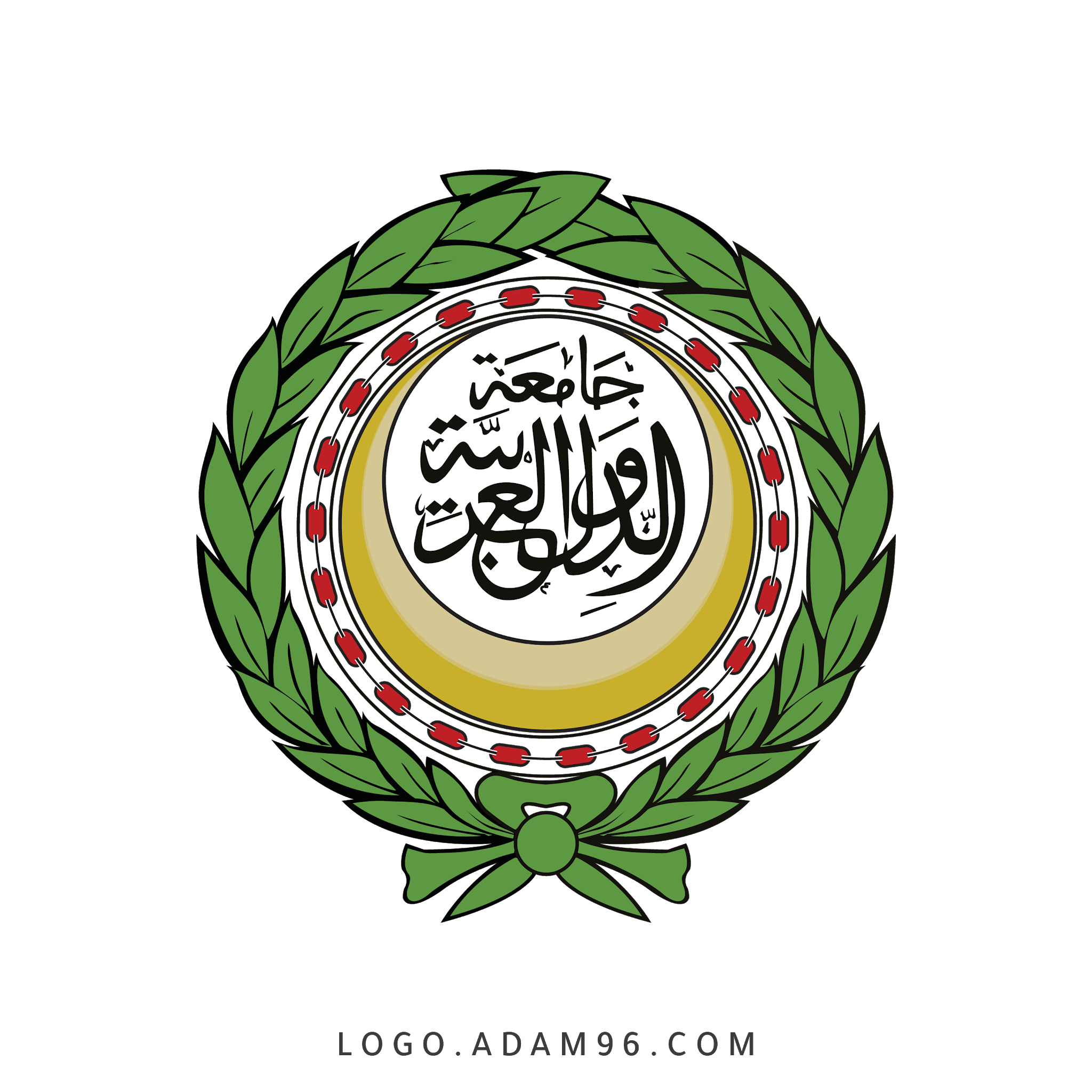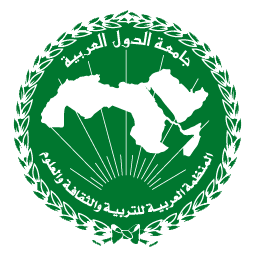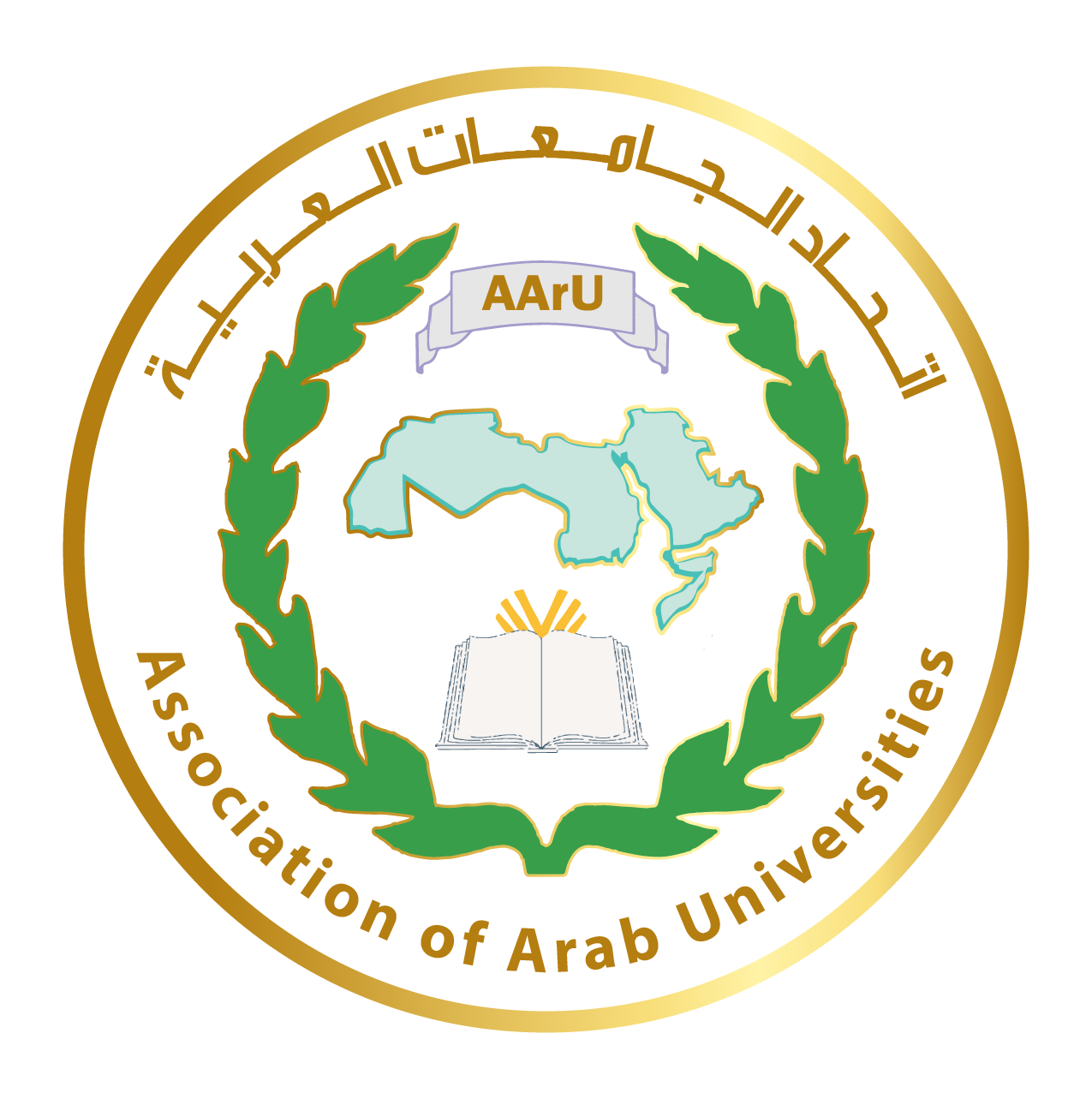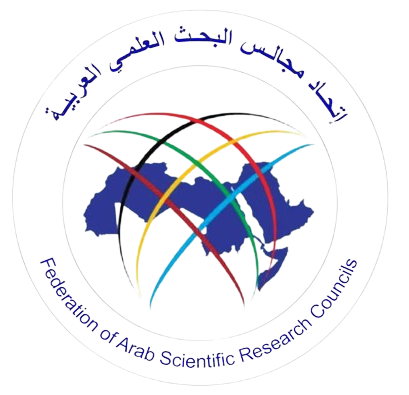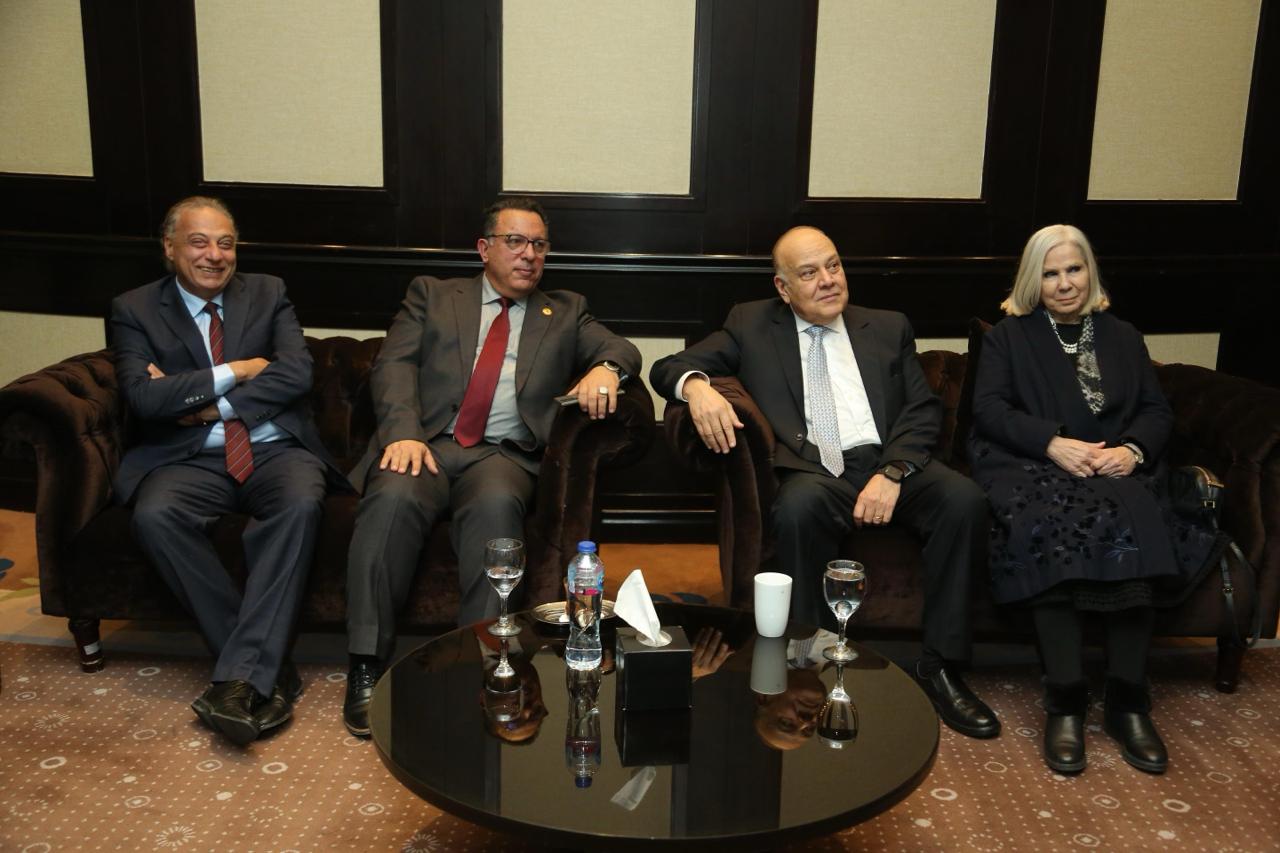
Press release from the Ministry of Higher Education and Scientific Research, General Administration of the Media Office and Official Spokesperson
Ministry of Higher Education and Scientific Research
General Administration of the Media Office and Official Spokesperson
press release
Cairo: February 23, 2024
The Minister of Higher Education attends the 2023 Arab University Rankings ceremony.
The Minister of Higher Education confirms:
The launch of the new edition of the Arab Ranking is an important step towards innovation and cooperation in higher education.
The importance of Arab classification in raising the standards of higher education in the Arab world.
The Arab ranking is a powerful tool to motivate Arab universities to improve their quality and performance.
The Arab University Rankings is a testament to our commitment to excellence and transparency in higher education, and to providing the best educational experiences for Arab students.
Dr. Amr Ezzat Salama, Secretary-General of the Association of Arab Universities, confirms:
-The rankings have become a reference point for governments to evaluate the effectiveness of universities.
-208 universities are included in the rankings, and 115 universities from 16 Arab countries are included in the rankings.
Egypt leads Arab countries in the number of ranked universities.
- Looking forward to expanding the scope of the classification in the coming versions to include more Arab and international universities.
Dr. Ayman Ashour, Minister of Higher Education and Scientific Research, attended the 2023 Arab University Rankings (AUR) certificate distribution ceremony, held on the sidelines of the launch of the International Exhibition for Higher Education and Training (EDUGATE), at a Cairo hotel.
At the beginning of his speech, the Minister expressed his pleasure at participating in this celebration to launch the new edition of the Arab University Rankings, which is a joint effort by the General Secretariat of the League of Arab States, the Arab League Educational, Cultural and Scientific Organization (ALECSO), and the Association of Arab Universities. He noted that we stand on the threshold of a new era characterized by innovation and cooperation, emphasizing that this ranking represents an important step in our collective endeavor to raise the standards of higher education in the Arab world.
Dr. Ayman Ashour emphasized that our Arab region has long been underappreciated on the global academic scene, despite the talent, potential, and tremendous contributions of our universities and scholars. He noted that it is time for us to develop indicators that reflect the actual situation, highlight our strengths and weaknesses, and work to improve them. He highlighted the importance of affirming our rightful place on the global stage, and unveiling the Arab University Rankings as a comprehensive assessment of academic institutions across our region.
The Minister pointed out that this ranking is not merely a measure of status or recognition, but rather a testament to our unwavering commitment to excellence and transparency in higher education. It is also a testament to our dedication to providing our students with the best possible educational experiences and supporting them with the knowledge and skills they need to succeed. He emphasized that the Arab University Rankings is a tool that enables universities to measure their performance, identify areas for improvement, and chart a path toward greater success and impact.
Dr. Ayman Ashour also pointed out the importance of rankings in transforming universities into third- and fourth-generation universities, with the introduction of two indicators for open science. This includes strengthening international relations, collaborating with end-users, and encouraging them to transform their research outputs into products that benefit society. All of the above will help attract distinguished professors, outstanding students, and international students to enroll in Arab universities. He explained that rankings are an incentive for cooperation and collaboration, and will inspire Arab universities to work together, exchange best practices, and raise the level of academic excellence. He emphasized that the true measure of our success lies not in the rankings themselves, but in the tangible impact we have on the lives of our students, the advancement of knowledge, and the prosperity of our societies.
The Minister congratulated the universities that achieved top rankings among 16 Arab countries, featuring 115 Arab universities. He extended his thanks to all those involved in compiling the rankings until the release of this new edition for 2023. He emphasized the importance of seizing this historic opportunity to shape the future of Arab higher education and working together to build a brighter, more inclusive, and more prosperous future for future generations.
For his part, Dr. Amr Salama, Secretary-General of the Association of Arab Universities, emphasized that this celebration is an important event that highlights the achievements of Arab universities and encourages further cooperation and the improvement of the quality of higher education in the Arab region. He pointed out that rankings have become a reference point for governments to evaluate the effectiveness of universities, and that there is an urgent need for an Arab university ranking. He explained that the Arab University Ranking Project has been approved, and the Arab Council for University Ranking has been established to manage it and empower Arab universities. He pointed out that a list of classification axes, criteria, and weights has been approved and reviewed, and a unit within the Association dedicated to the classification project has been established. He also noted that an electronic portal and platform have been built to collect data, build an integrated database, analyze it, and prepare reports, and that a budget has been allocated for the organizational structure of the classification project.
Dr. Amr Salama confirmed that the Arab University Ranking is based on 4 main indicators, each with 9 sub-performance criteria, pointing out that 208 universities have applied for evaluation, of which 115 universities representing (16) countries out of a total of 22 countries of the Arab League were included in the ranking, where the countries were ranked according to the number of advanced universities as follows: Egypt (28), Iraq (19), Jordan (18), Yemen (10), Palestine (8), Libya (8), Saudi Arabia (7), Tunisia (4), Syria (3), United Arab Emirates (2), Morocco (2), Lebanon (2), Bahrain (1), Algeria (1), Somalia (1), Kuwait (1), where the first version of the ranking was allocated to classify a number of Arab universities, and it is planned to launch the ranking of global universities in its upcoming versions.
Dr. Amr Salama pointed out that King Saud University topped the list of Arab universities, followed by Cairo University, then the United Arab Emirates University, then Ain Shams University, then Mansoura University, Sharjah University, King Khalid University, Sfax University, Alexandria University, and Zagazig University.
For his part, Dr. Mohamed Kamal, Director of the Institute of Arab Research and Studies in Cairo and representative of the Arab League Educational, Cultural and Scientific Organization (ALECSO), emphasized the importance of the Arab classification of universities and ALECSO's commitment to continuing to implement this project by harnessing all its technical capabilities and accumulated expertise to develop the higher education system in the Arab world. He pointed out that activating scientific research in Arab universities, establishing international partnerships, and linking this to national economies requires an analysis of the reality of universities and defining their functions.
Dr. Mohamed Kamal reviewed ALECSO’s efforts in this regard, including organizing the ALECSO Arab Universities Forum, which resulted in the conclusion of 120 twinning memoranda between 39 Arab universities and a number of international institutions concerned with higher education and scientific research, in addition to the first ALECSO Arab Universities Twinning Forum, which ALECSO hosted on October 17 and 18, 2023, with the participation of 39 Arab university presidents and a number of relevant international institutions.
On the other hand, Dr. Ali Shams El-Din, former President of Benha University and Chairman of the International Forum for Higher Education and Training (EDUGATE), expressed his happiness at hosting this important event. He pointed out that the forum hosts approximately 100 Egyptian, Arab and foreign universities and discusses a number of important educational issues in Egypt and the world, in addition to the scholarships and study opportunities it provides to students. He stressed that the forum has been a destination for many experts and specialists in the field of education over the past years, praising the unprecedented boom achieved in Egypt in the higher education and scientific research sector.
The ceremony was attended by Ambassador Dr. Haifa Abu Ghazaleh, Assistant Secretary-General of the League of Arab States and Head of the Social Affairs Sector, Dr. Abdul Majeed Bin Amara, Secretary-General of the Federation of Scientific Research Councils, Dr. Mustafa Refaat, Secretary-General of the Supreme Council of Universities, Dr. Abdel Wahab Ezzat, Secretary-General of the Council of Private Universities, Dr. Maher Mesbah, Secretary-General of the Council of Private Universities, and a group of university presidents, their deputies, cultural attachés, and a number of public figures.
General Administration of the Media Office and Official Spokesperson
